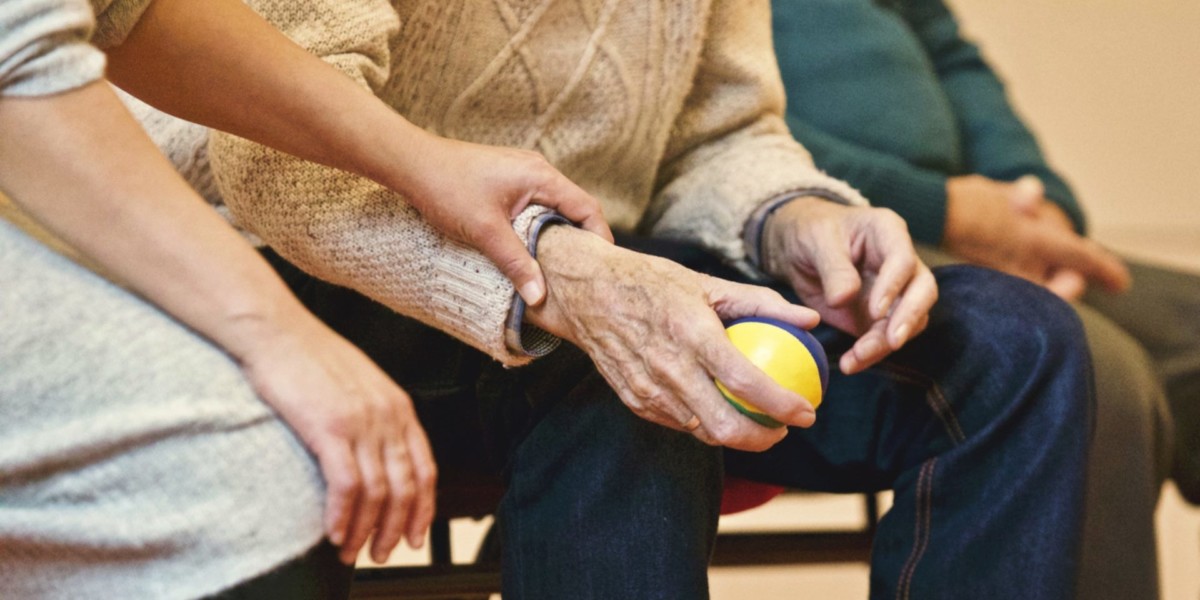
Old-Age Poverty and Health – How Much Does Income Matter?
The question concerning the material situation of older people and its consequences for their wellbeing seems to be more important than ever. This is especially true given rapid demographic changes in the Western World and economic pressures on governments to reduce public spending. We use data from the Survey of Health, Ageing and Retirement in Europe (SHARE) to examine different aspects of old-age poverty and its possible effects on deterioration in health. The data contains information on representative samples from 12 European countries including the Czech Republic and Poland. We use the longitudinal dimension of the data to go beyond cross sectional associations and analyze transitions in health status controlling for health in the initial period and material conditions. We find that poverty matters for health outcomes in later life. Wealth-defined and subjective poverty correlates much more strongly with health outcomes than income-defined measure. Importantly subjective poverty significantly increases mortality by 58.3% for those aged 50–64 (for details see Adena and Myck, 2013a and 2013b).



